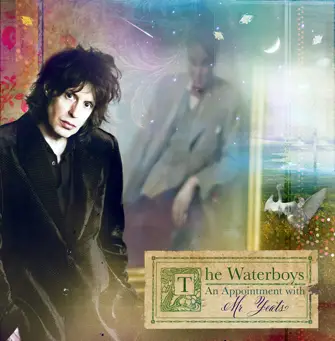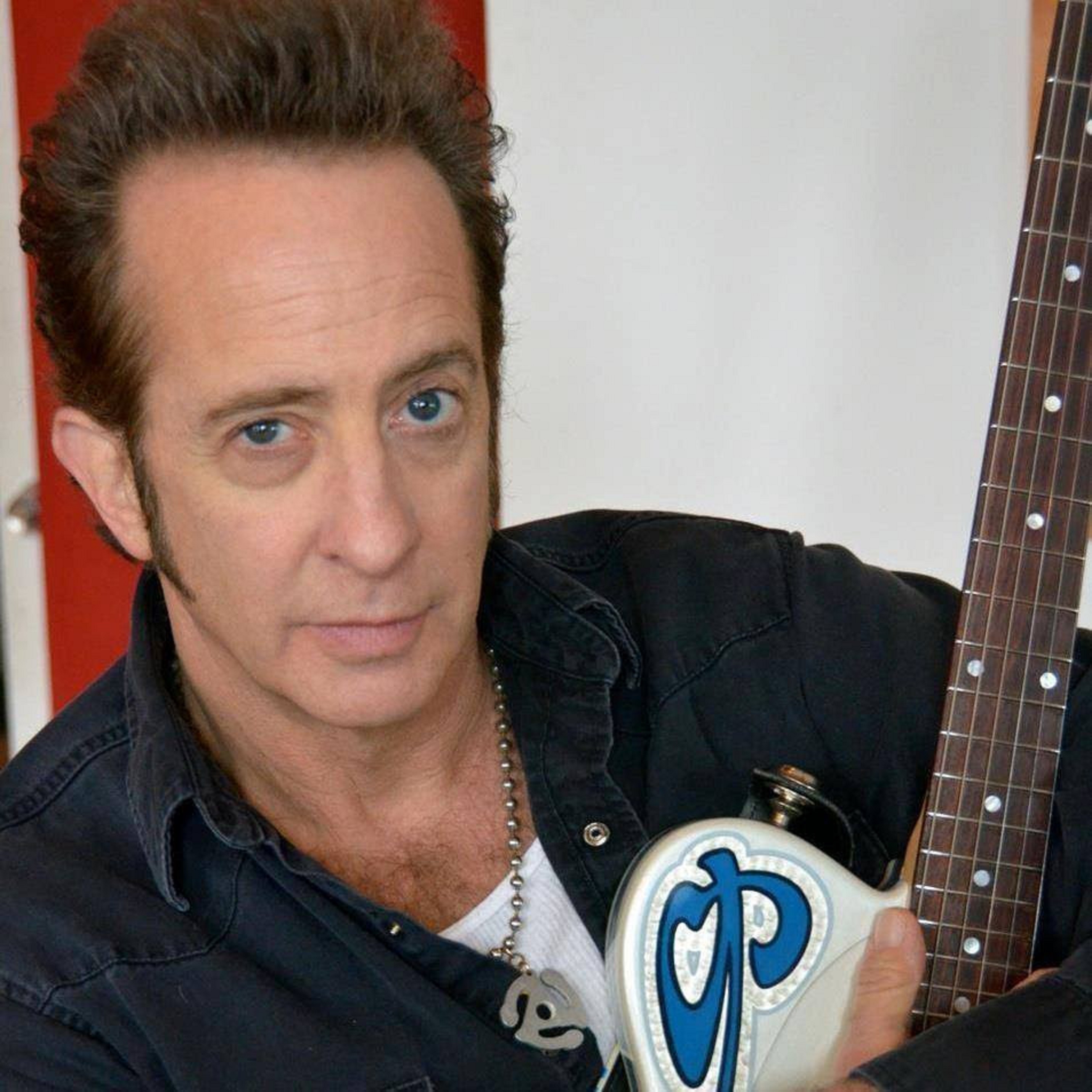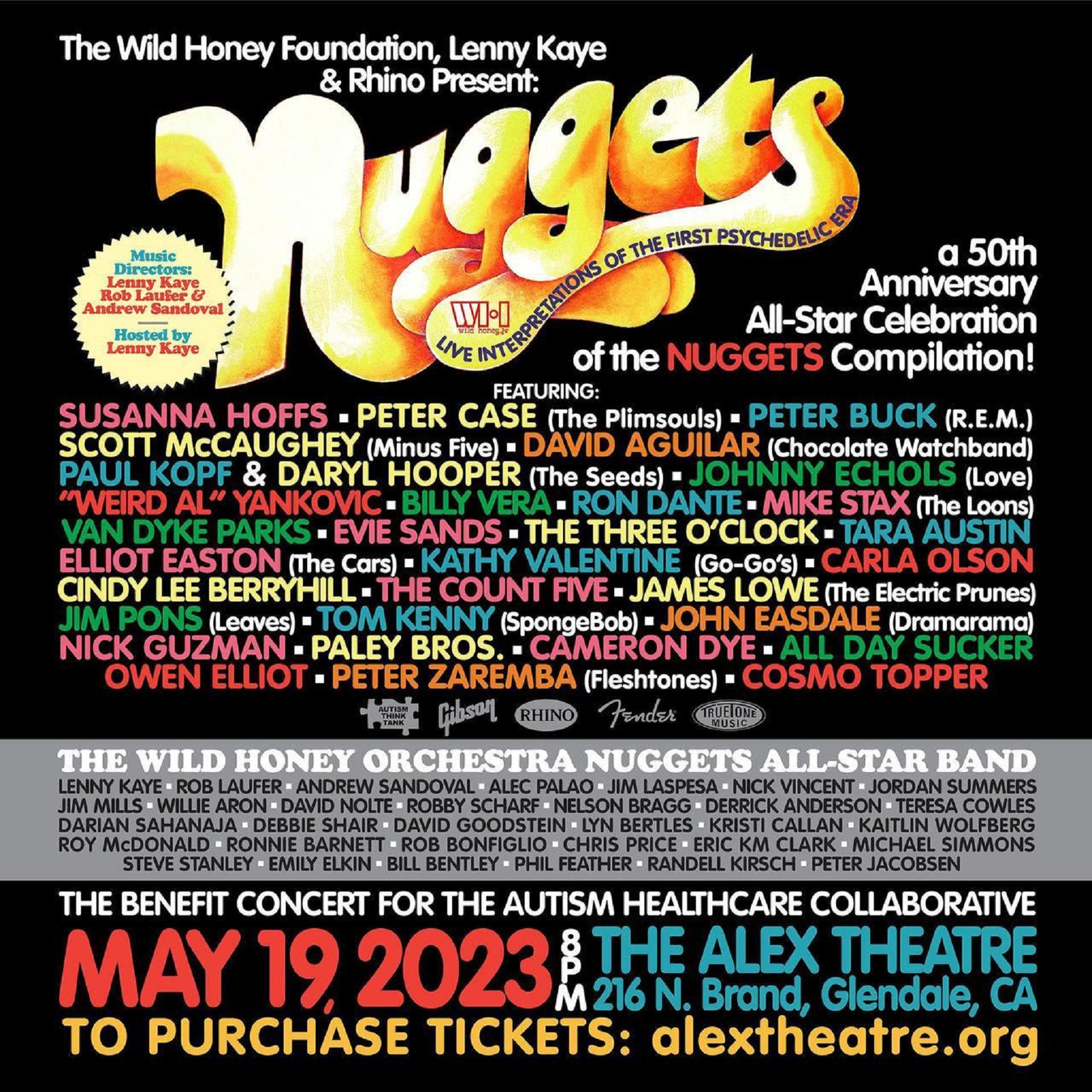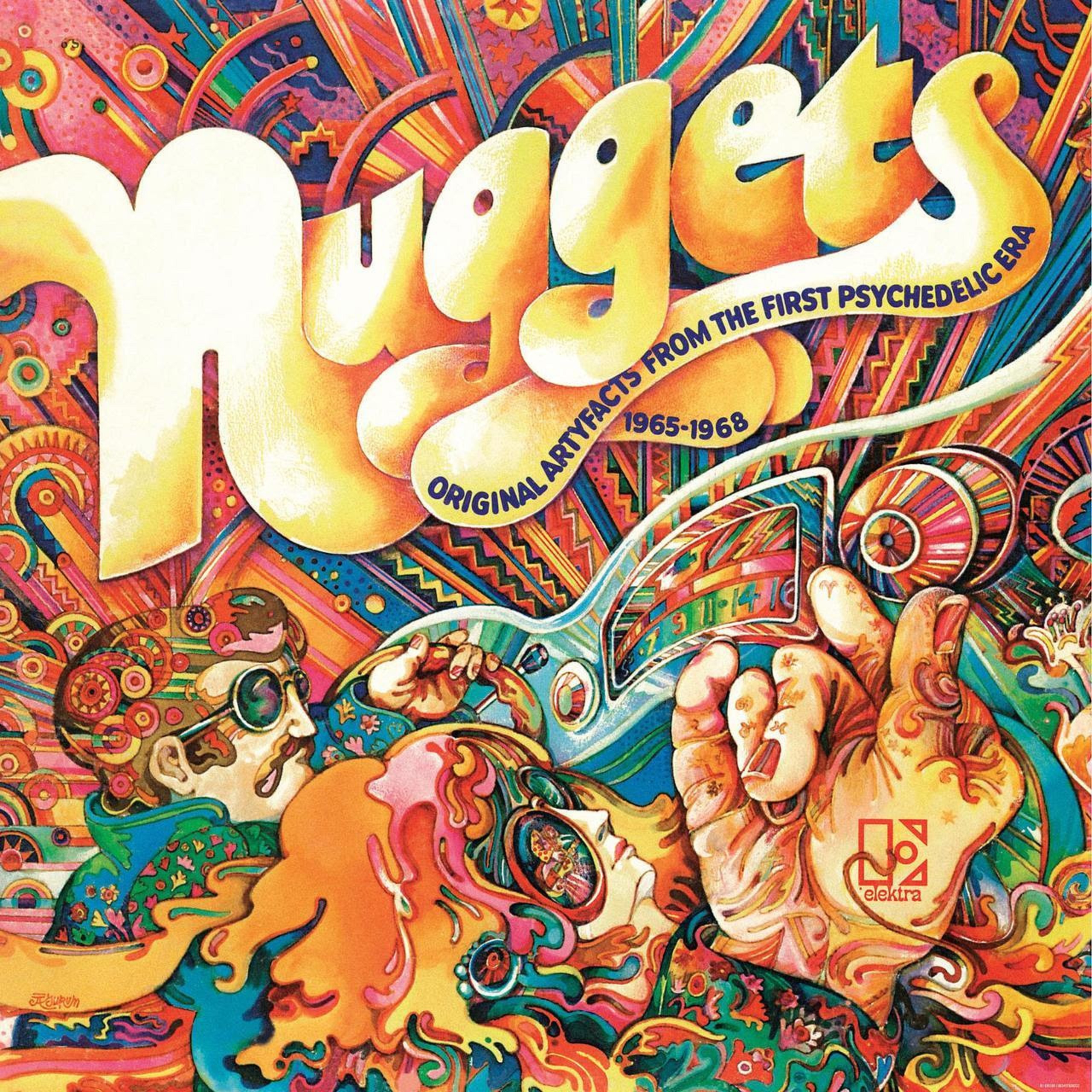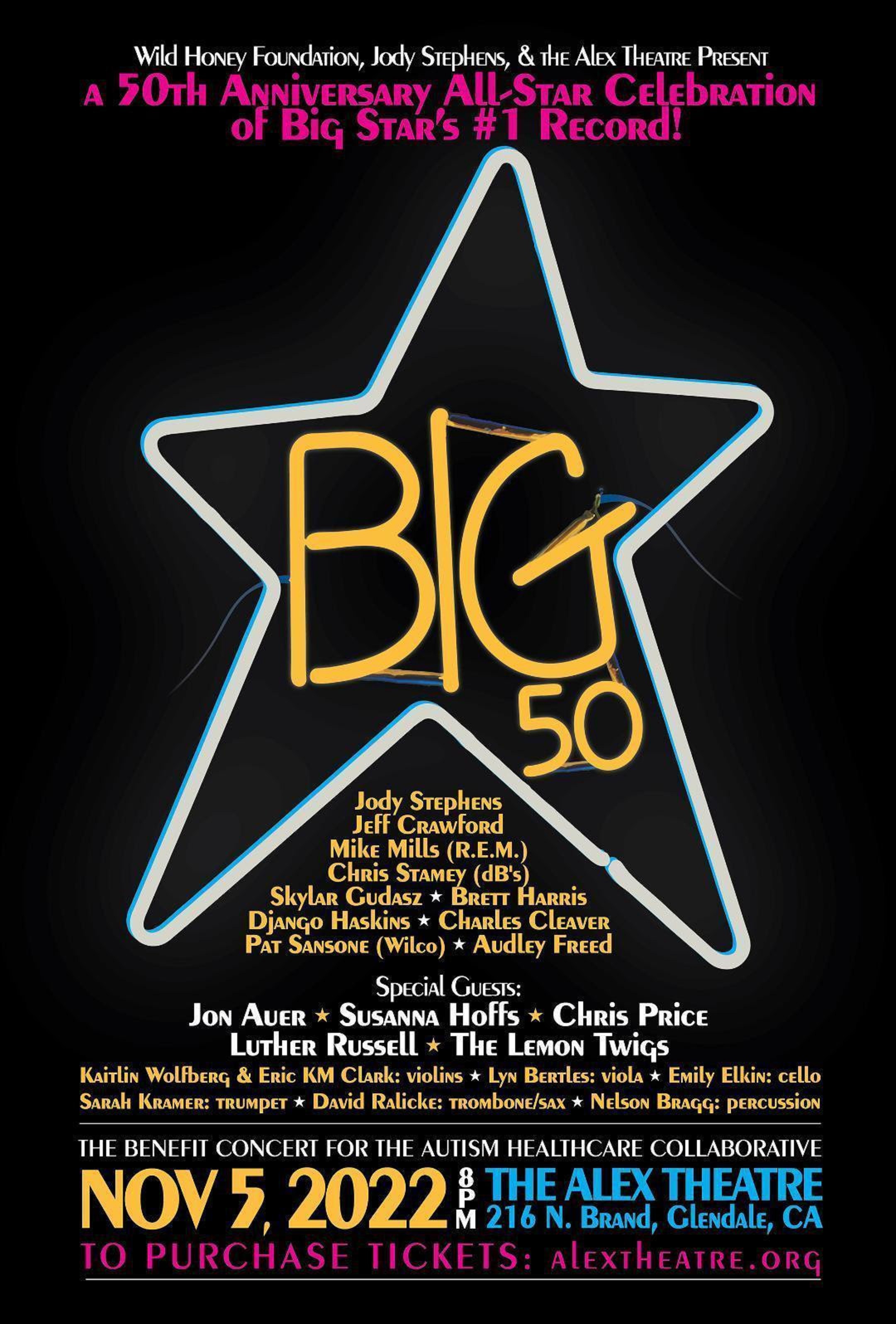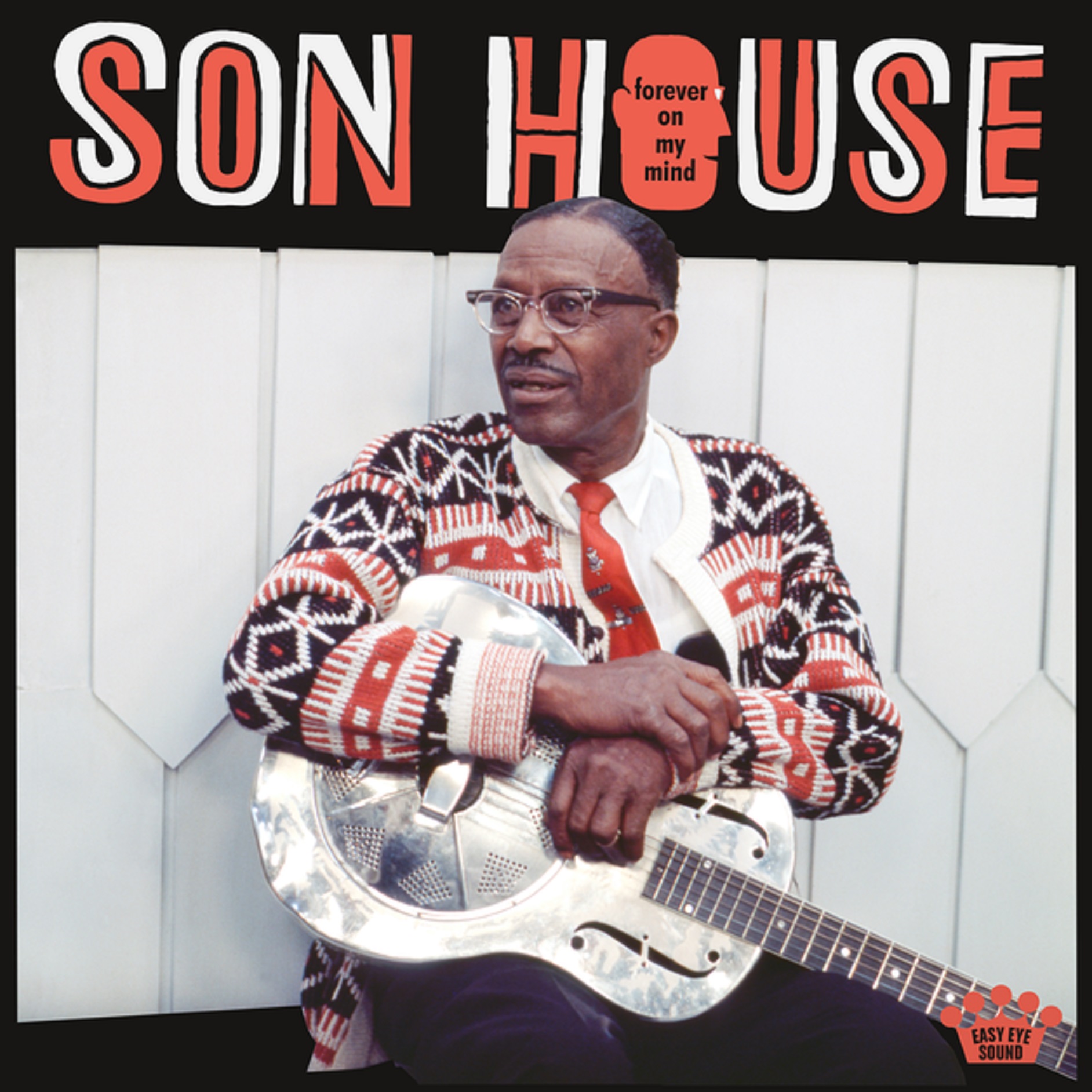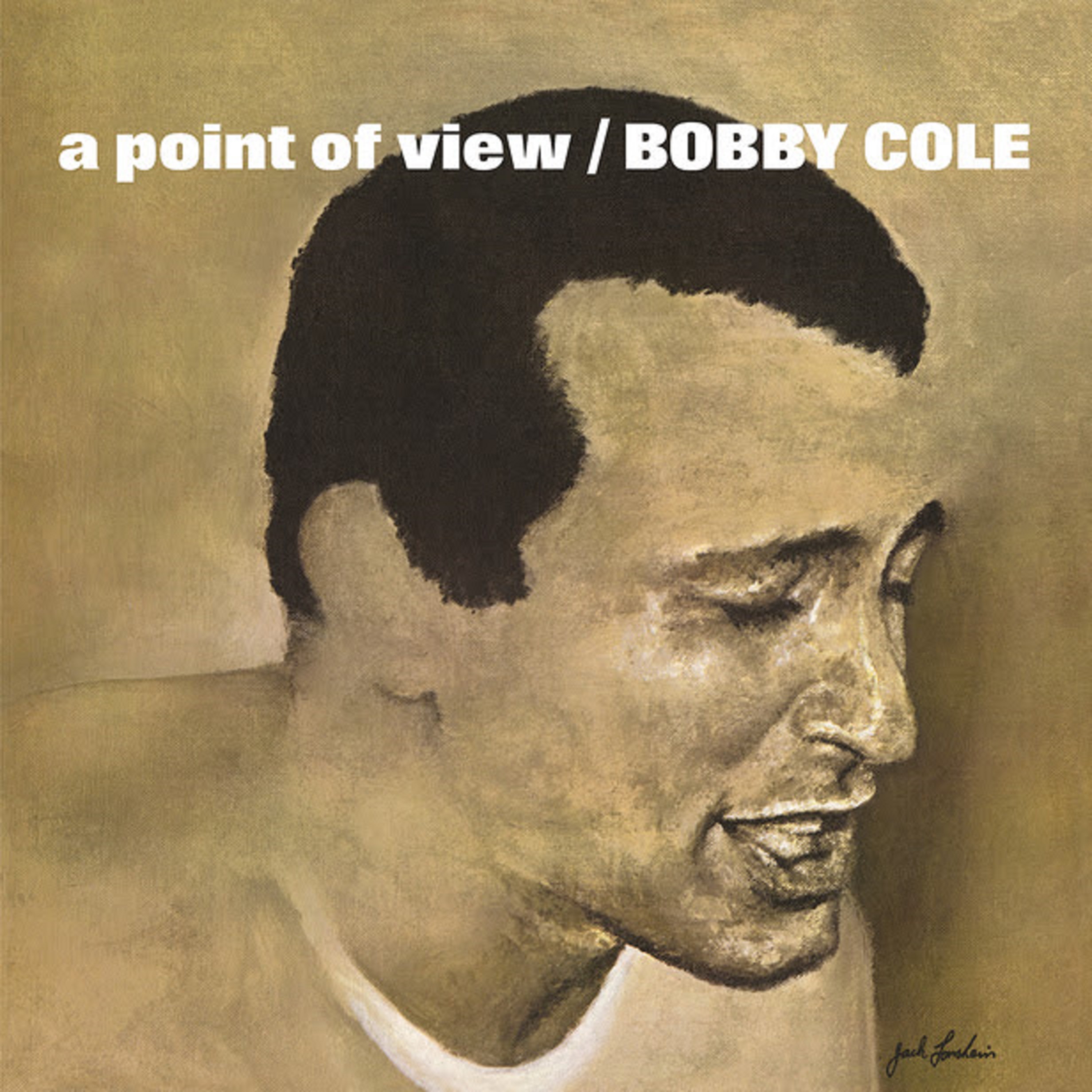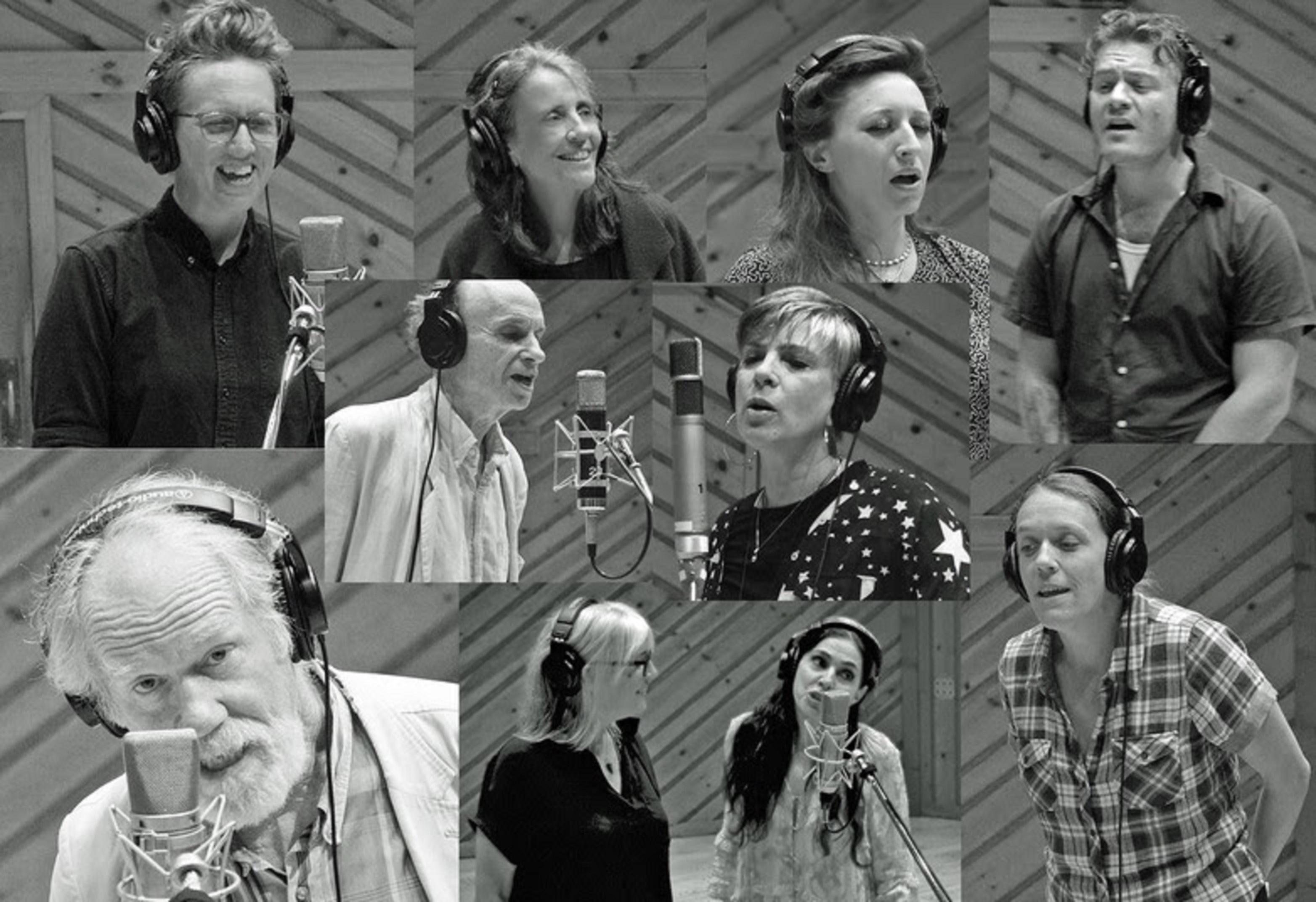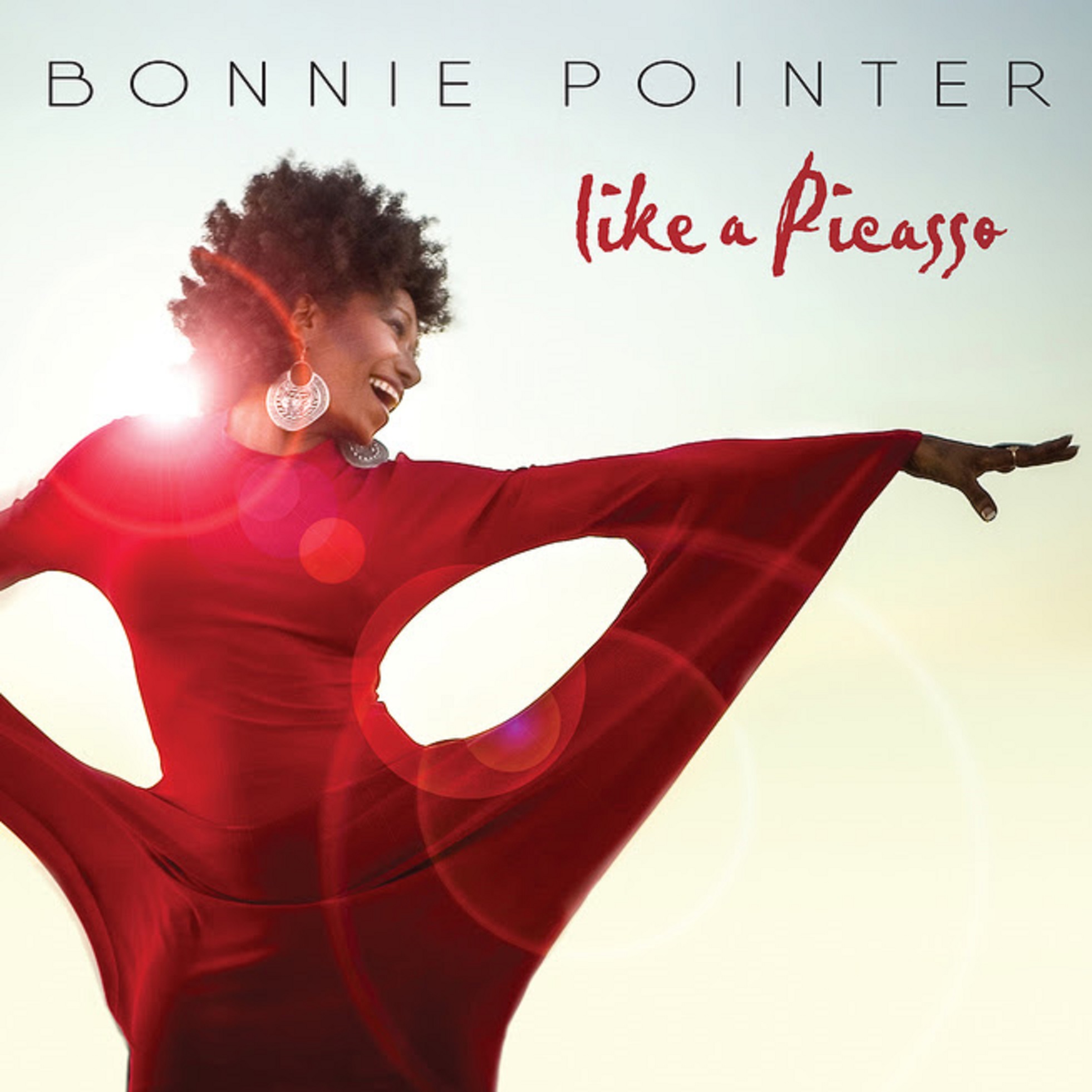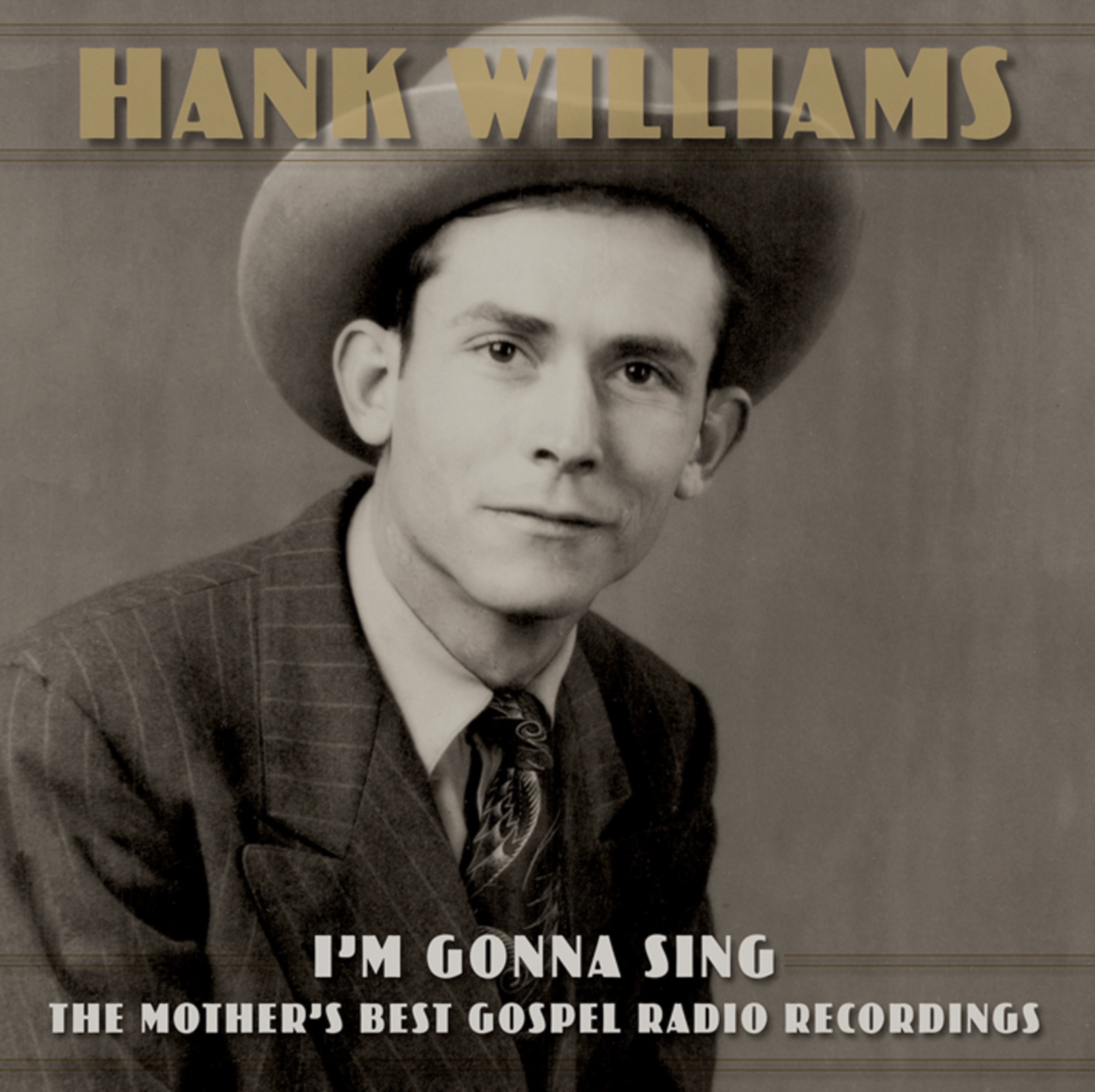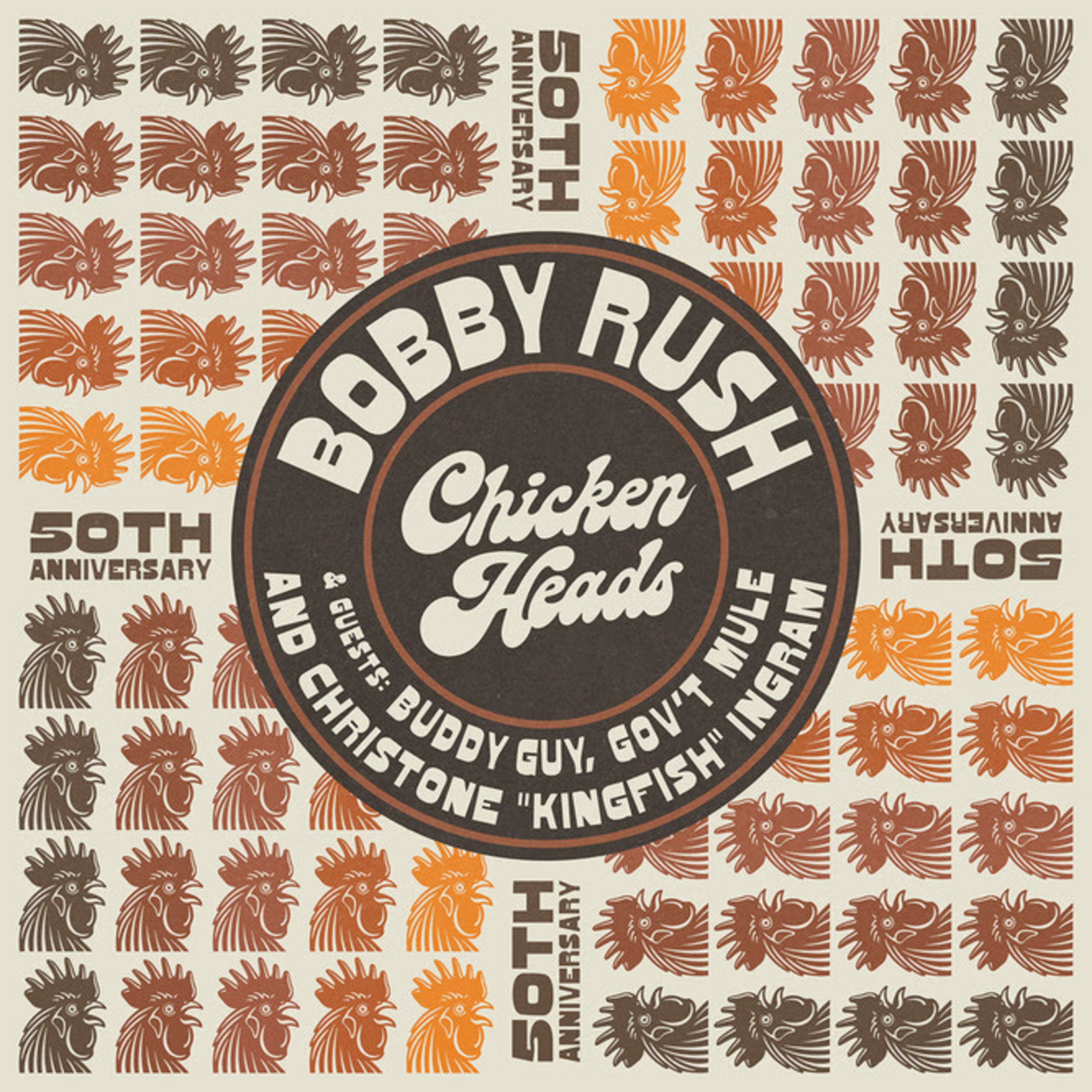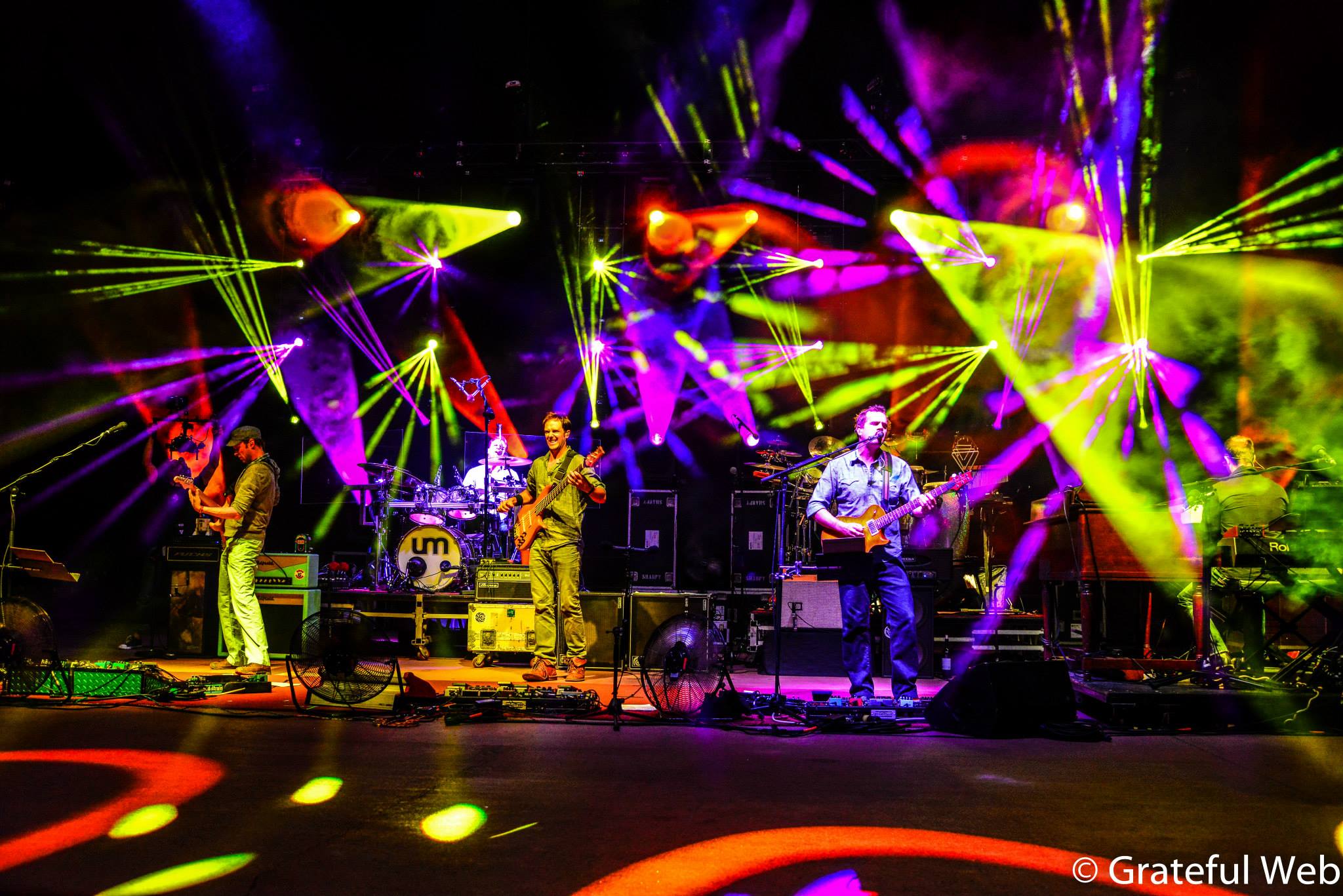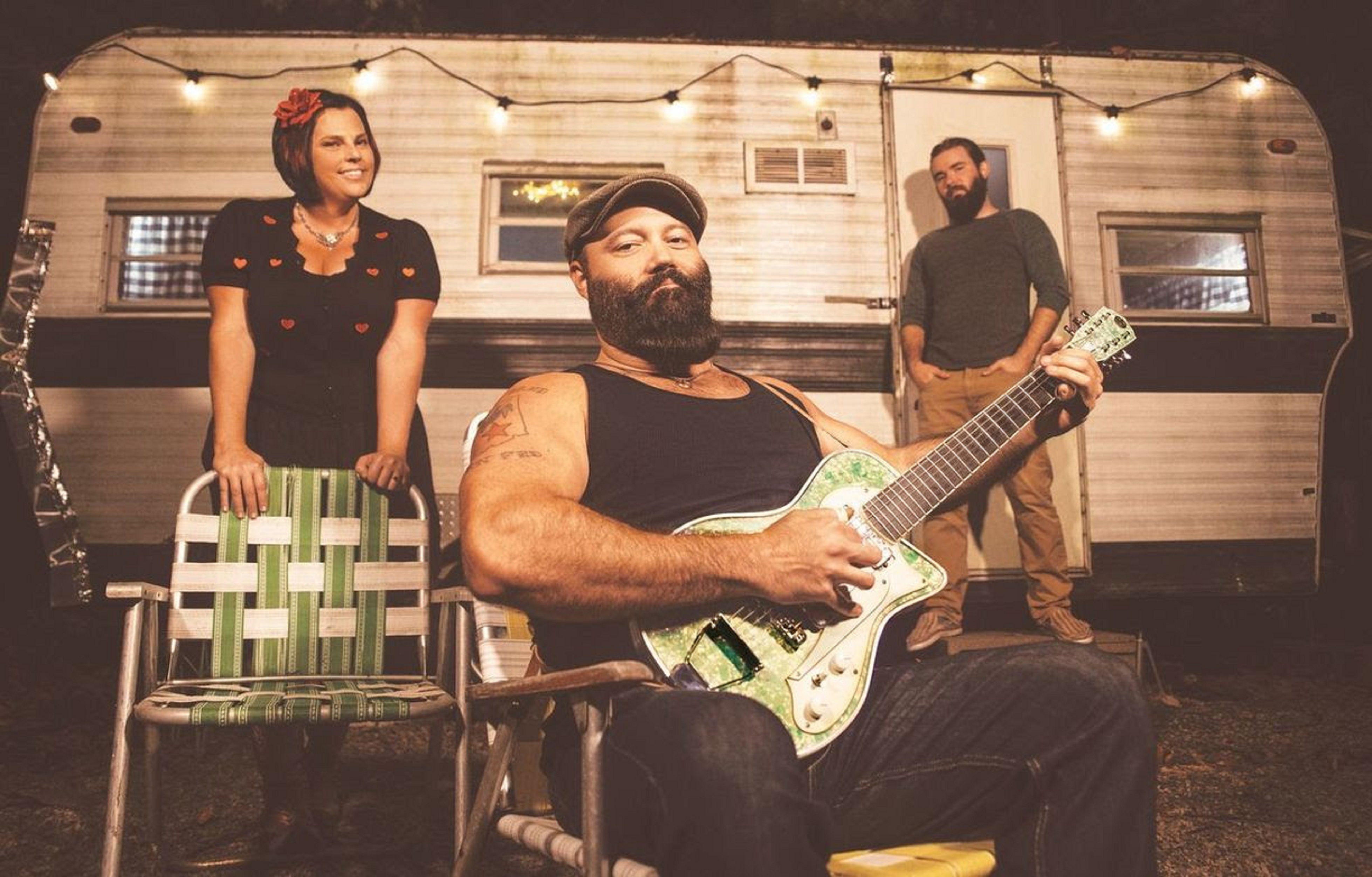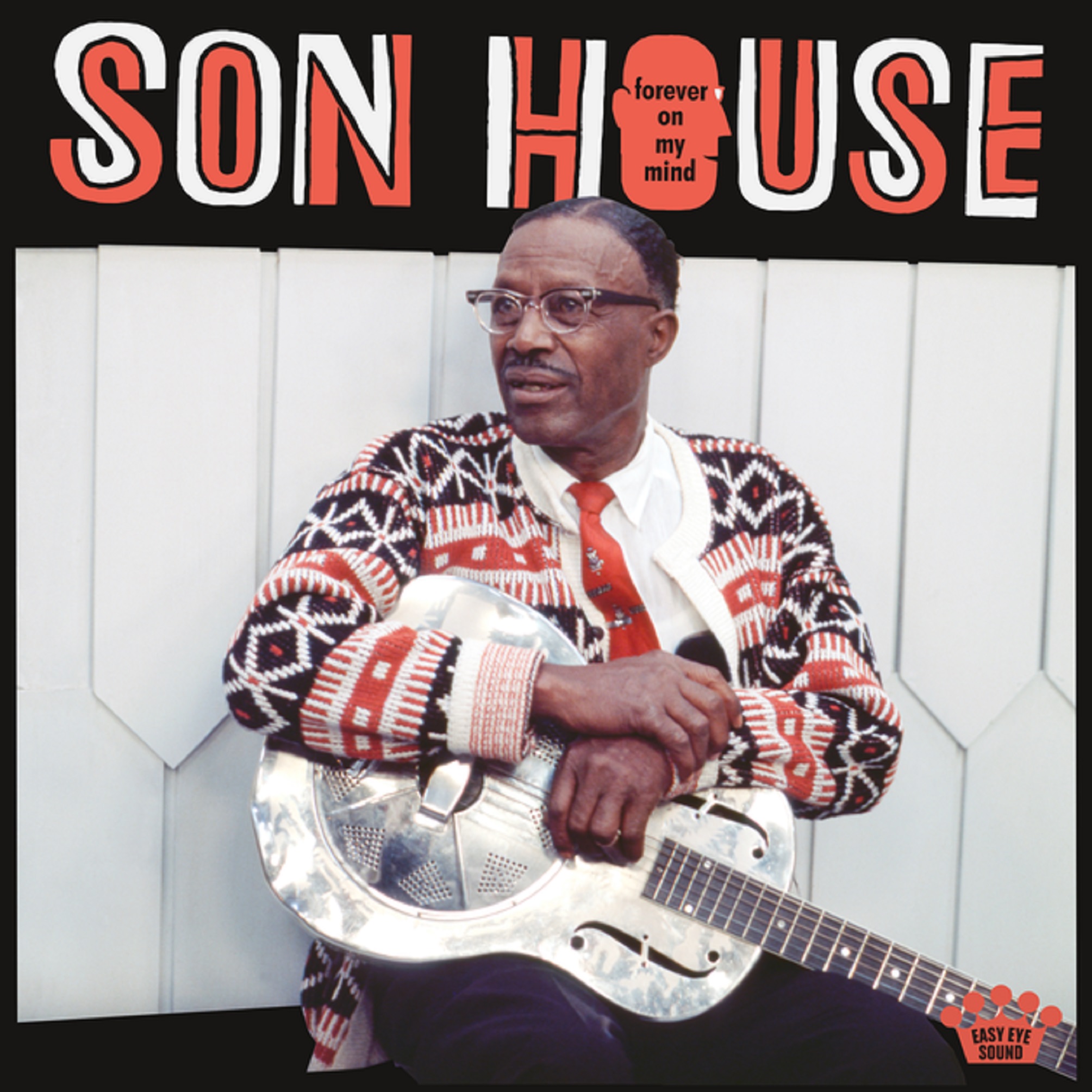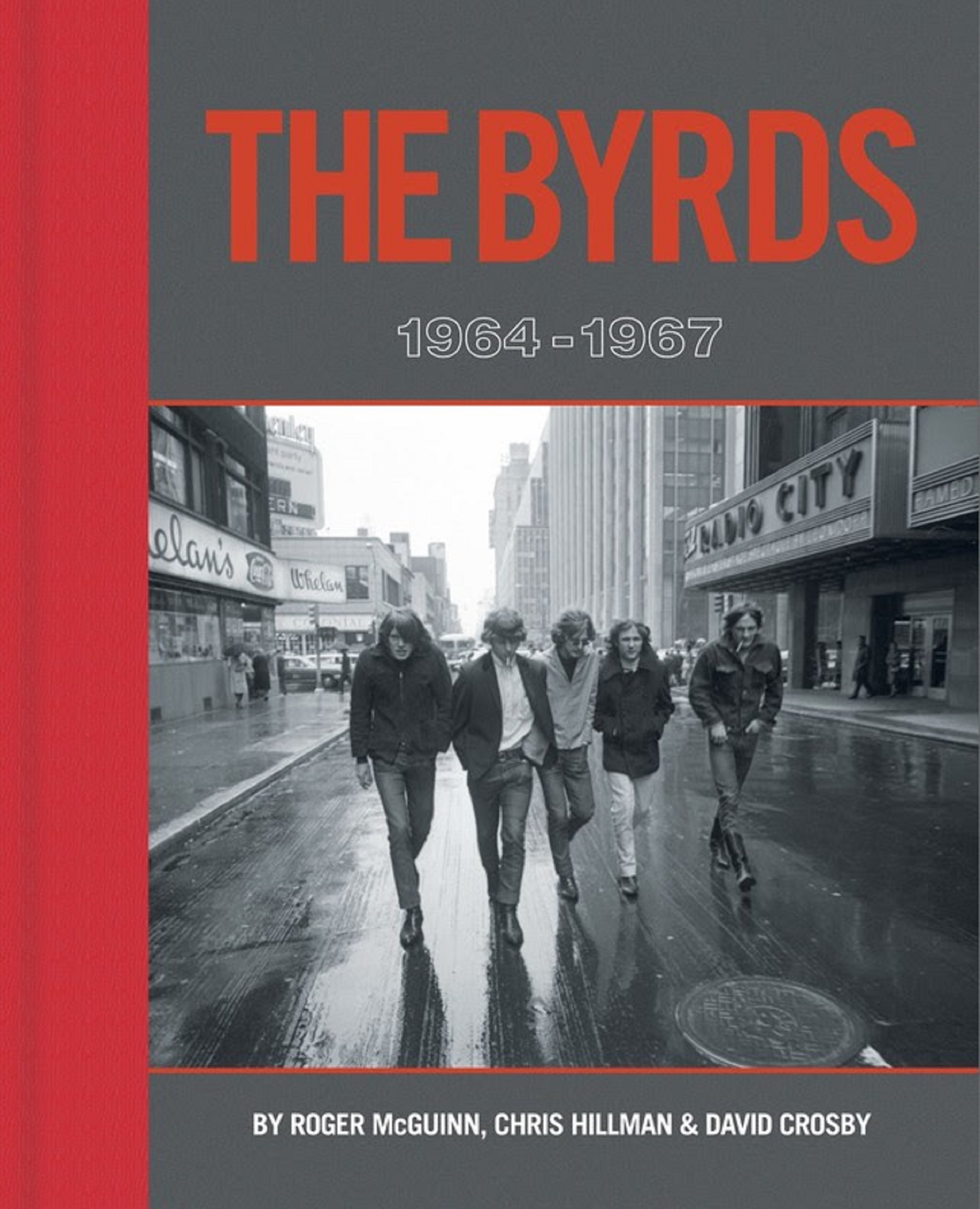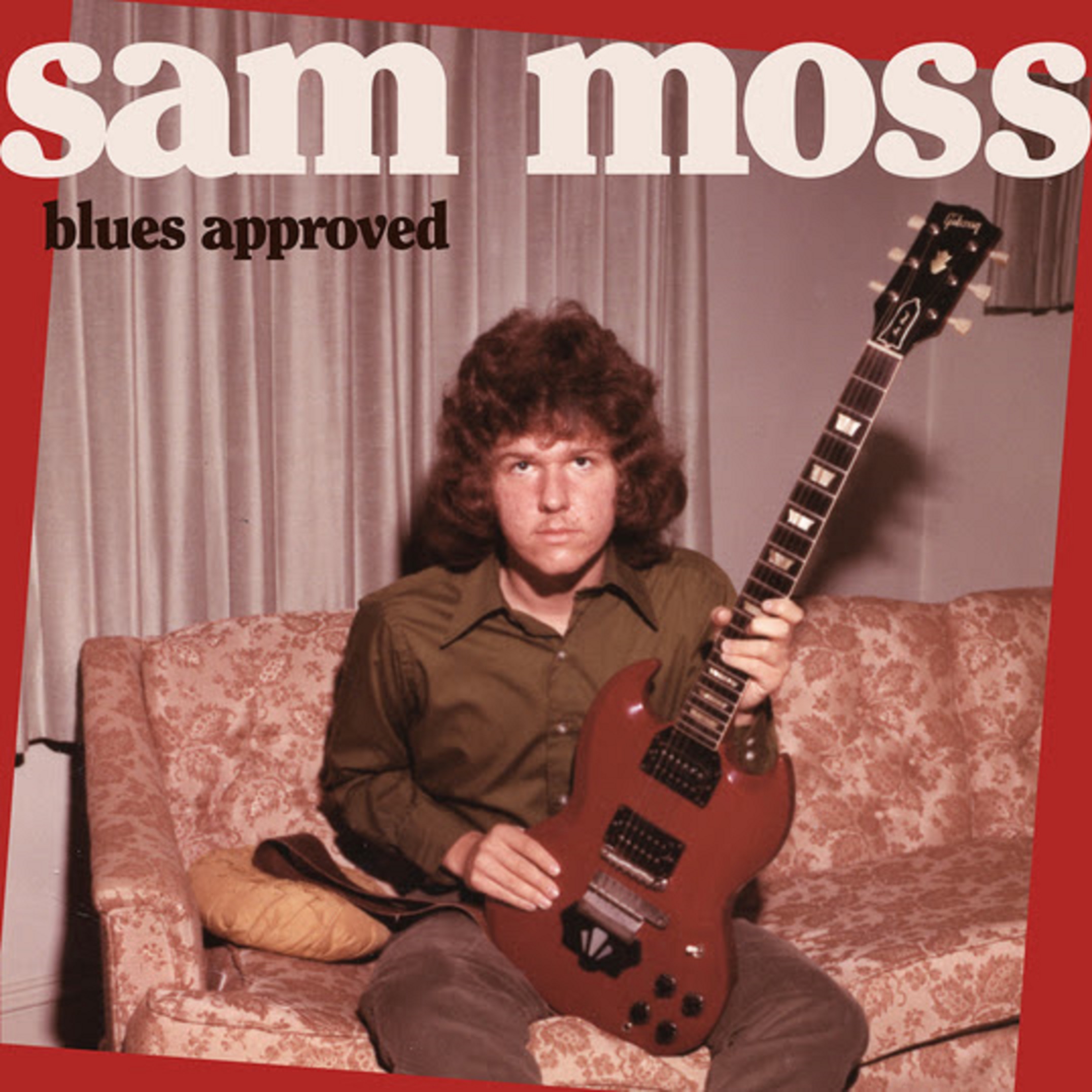In what stands as one of the boldest, most ambitious projects of his storied career, Waterboys auteur Mike Scott has collaborated, figuratively speaking, with the legendary Irish poet W.B. Yeats on the 14 songs of An Appointment With Mr. Yeats. “I love the way Yeats’ poems lend themselves to music,” says Scott. “But I also like Yeats as a guy — a dandified, opinionated, larger-than-life character. I feel a kinship to him. My purpose isn’t to treat Yeats as a museum piece, but to connect with the soul of the poems — as they appear to me — then go wherever the music in my head suggests, and that means some surprising places.” Scott will bring the Waterboys to New York’s Town Hall in March for the American premiere of this provocative song cycle uniting a pair of artists separated by a century.
While the notion of mounting classic poems in modern musical settings may strike some as challengingly esoteric, that is not the case at all with An Appointment With Mr. Yeats. On the contrary, the new album connects with the power and immediacy of Waterboys classics like This Is the Sea (1985) and Fisherman’s Blues (1988), unfolding with the widescreen vividness that has characterized Scott’s single-minded body of work during the course of the last three decades. This captivating oeuvre has come to be known as “The Big Music” after the early Waterboys song of the same name. At the same time, this wildly imaginative work heralds yet another musical metamorphosis in the ever-mutable world of the Waterboys.
“When people read about this project, it’s natural for them to have preconceptions,” Scott acknowledges. “They tend to think that, because it’s based on poetry, it’s going to be difficult, stiff or wordy. But when they hear the record or come and see the show, they realize it’s really just more music from the Waterboys. I should stress these are songs — rock ’n’ roll, pop, psychedelic and roots songs — not recitations. They’ve got to stand up as contemporary songs, not like poems squashed into musical forms. In fact, the best thing is when people don’t realize they were written a hundred years ago, but just hear them and think, ‘That’s a song,’ and don’t question it.”
An Appointment With Mr. Yeats was produced by Scott and Marc Arciero and tracked live off the floor by an expanded Waterboys lineup consisting of fiddle maestro Steve Wickham, Katie Kim (vocals), James Hallawell (keyboards), Kate St John (sax, oboe), Blaise Margail (trombone), Ralph Salmins (drums), Sarah Allen (flute) and Joe Chester (guitar). Before they recorded the album, Scott and his band premiered the songs at Dublin’s hallowed Abbey Theatre during a five-night run in March 2010. “A stunning reinvention of Yeats’ poetry,” The Irish Times raved.
The stylistically wide-ranging album gets off to a thunderous start with “The Hosting of the Shee,” as the band brings to life Yeats’ depiction of the warlike gods of old Ireland. “It isn’t just the language of the poem that attracted me,” Scott clarifies. “It’s what he says with it — the way that he allows us to enter an old Celtic dreamscape. I loved going into that world with Yeats. I even asked the drummer to play it in a pre-Christian groove, to play it like a caveman. He never falls into a regular groove; he never puts the snare on the two and the four; it’s a warlike, prehistoric beat.”
The Kurt Weil-styled “'News for the Delphic Oracle” contains “three verses, each with a very different character, including Yeats’ invocation of the god Pan in the third verse,” says Scott, “so I’ve treated them as three separate pieces.” The blues ballad “The Lake Isle of Innisfree” is actually a home demo, with Wickham’s snarling fuzztone fiddle added later. And the epic rocker “September 1913” is taken from one of Yeats’ most overtly political poems, written about what’s known as the Dublin Lockout. “The laborers went on strike for better working conditions, and the clergy and the politicians resisted the change and tried to blackmail the workers,” Scott explains. “Yeats was very angry, and he asked the question in the poem, ‘Is this what the freedom fighters died for?’ It’s a very powerful poem, and a famous one in Ireland, often quoted to comment on the current Irish situation with the crooked bankers and the financial crisis that’s been going on in Ireland the last few years.”
Scott has been on quite a creative roll in recent years, having authored an enthusiastically received memoir, Adventures of a Waterboy (available in the States on the Hal Leonard-distributed Jawbone Press), while the new album is the result of two decades of dedication and a lifelong fascination with Yeats’ poetry. “My mother is a university lecturer in English literature, so I grew up in a house full of books,” says Scott. “When I was a kid, my mum talked about Yeats in hushed tones — and she pronounced it ‘Yates,’ which rhymes with ‘great.’ So it was a very serious, awe-inspiring name around the house, and I had a sense of Yeats being this magical figure. Later, as a teenager, I began to read his poetry for myself and got to discover him in my own time.
“Then, the first time the Waterboys played Dublin, I bought a volume of his poetry and became attracted to it all over again, but this time with greater understanding. Yeats’ poems seem to be exquisitely and deliberately sculpted, and yet they flow lightly off the tongue. I noticed that a lot of them lined and scanned like song lyrics. To me that was like an open window to go through; I had to put them to music because they were crying out for it. On the Fisherman’s Blues album, I made my first attempt at putting one of his poems to music with ‘The Stolen Child,’ and it became a favorite track on that album for a lot of people. Shortly after, I decided that Yeats’ poetry deserved a whole album, or even a whole stage show, and first I imagined it would be a ‘various artists’ undertaking, but in the end I did it all myself with my own band.”
As the years passed, Scott continually returned to Yeats’ poems, planting seeds in his imagination and cultivating them until they blossomed. “If I’d tried to write 15 Yeats adaptations in a year, I would’ve done a slapdash job on it,” he says. “So I did it without any time constraints, and every few years I would turn another poem into a song. Of course, I was doing lots of other things as well, touring and albums, but I held it in my mind as a project for two decades, and eventually, I had enough adaptations.”
Scott is far from the first musician to set Yeats’ poetry to music; hundreds have tried, though few have managed to create such elegantly seamless marriages of music and language. “I went on iTunes, did a Sherlock Holmes job and found over 300 interpretations of his poems — I bought them all as well,” Scott says with a laugh. “My favorite ones are when people bring something fresh and powerful to the task.”
And that is precisely what Mike Scott and the Waterboys have done on this rhapsodic and revelatory labor of love.
New Waterboys album coming in March 2013
